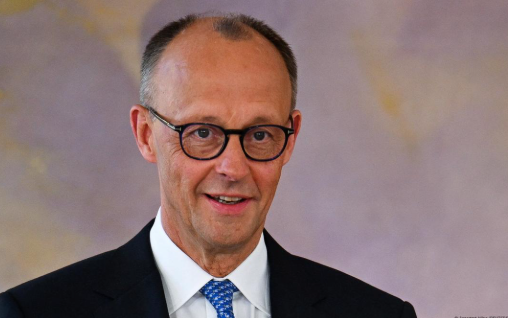Friedrich Merz has been elected as Germany’s new chancellor after a dramatic and unprecedented two-round vote in the Bundestag on May 6, 2025. His initial failure to secure a majority in the first round—despite his CDU/CSU-SPD coalition holding a nominal majority—has sparked concerns over internal divisions and the stability of the new government.
A Historic First: Failed Initial Vote
In the first round of voting, Merz received only 310 of the required 316 votes, falling six short of the absolute majority needed. This marked the first time in postwar German history that a chancellor candidate failed to secure the necessary votes in the initial ballot. The unexpected shortfall was attributed to dissent within his own coalition, particularly from members of the SPD, highlighting early fractures in the alliance.
Following intensive behind-the-scenes negotiations, a second vote was held later that day. Merz secured 325 votes, narrowly surpassing the required majority. He was subsequently appointed by President Frank-Walter Steinmeier and officially sworn in as Germany’s 10th postwar chancellor.
Challenges Ahead
Merz’s initial setback has raised questions about the cohesion of his “black-red” coalition and his ability to govern effectively. The incident has also emboldened the far-right Alternative for Germany (AfD), which has capitalized on the perceived instability to bolster its position as the second-largest party in the Bundestag.
Policy Priorities
In his inaugural address, Merz emphasized restoring Germany’s economic competitiveness and securing national freedom. His cabinet, which includes new ministers from the private sector and retains only Defence Minister Boris Pistorius from the previous administration, reflects a focus on expertise and modernization.
International Reactions
European leaders, including French President Emmanuel Macron and Ukrainian President Volodymyr Zelenskyy, have welcomed Merz’s appointment, expressing hope for renewed German leadership on international and EU matters. Merz’s first diplomatic visits as chancellor are scheduled for France and Poland, with plans to engage with U.S. President Donald Trump soon.
Outlook
While Merz has overcome the initial hurdle to become chancellor, the narrow margin of his second-round victory and the internal dissent within his coalition suggest a challenging road ahead. Maintaining unity within the government and addressing the rise of the far-right will be critical as he seeks to implement his policy agenda and navigate Germany through a complex geopolitical landscape. Keep reading Questiqa Europe for more news

More Stories
France’s Official Recognition of Palestine: What It Means for Europe and the Middle East
UK Parliament Poised for Heated Debate on Palestine Statehood After France’s UN Move
UK Debates Palestine Statehood Following France’s UN Move – What’s Next?